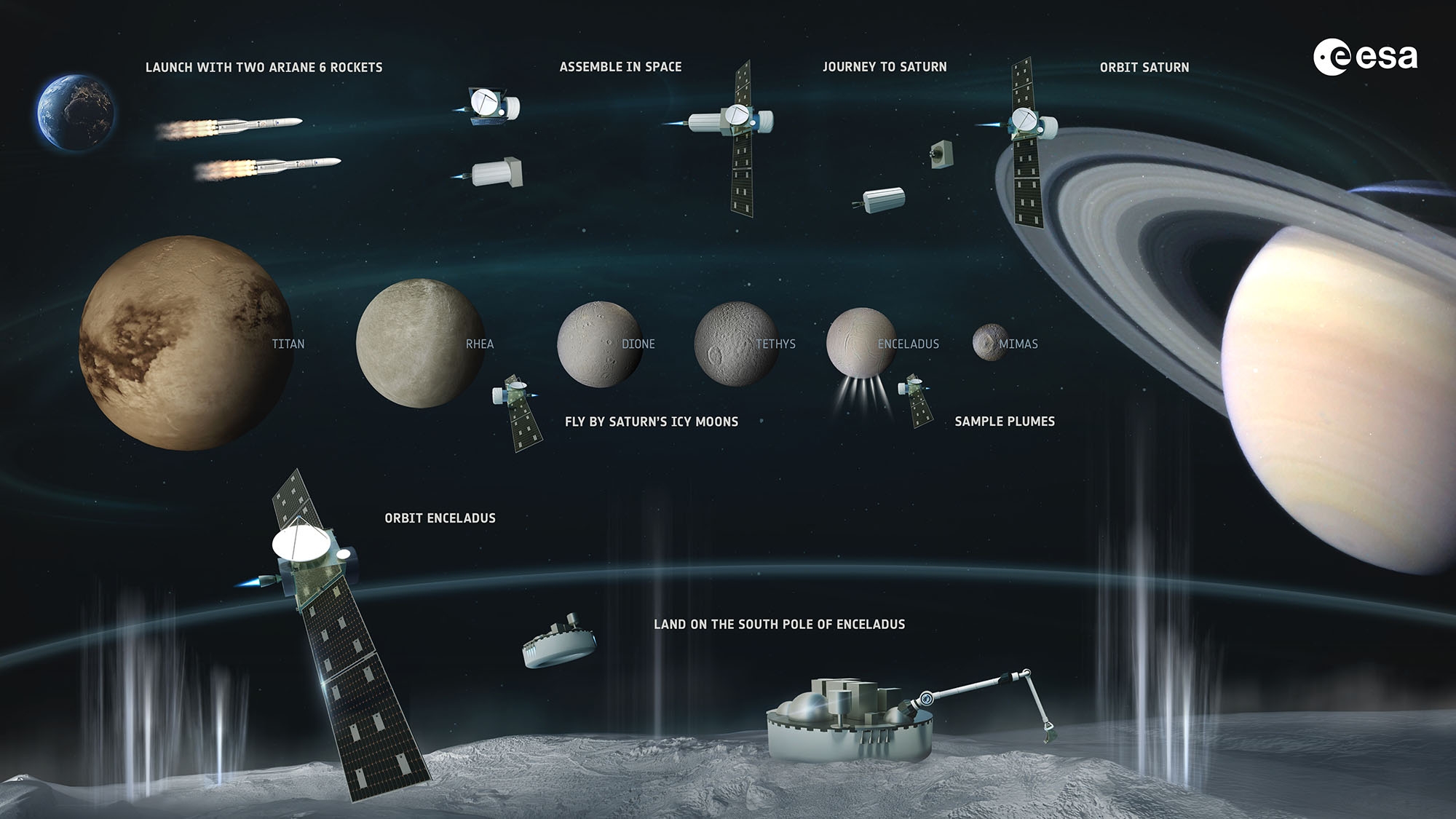


The planned ESA mission to Enceladus, classified as an 'L-class' mission under the Voyage 2050 programme, will focus on researching this ocean world in detail. A combination of orbital and landing components is under consideration: the landing module could either collect samples from the surface or operate at low altitude above active areas with ice jets for a short time. The mission aims to analyse the composition of water, organic substances and isotopes in order to determine whether microbial life could exist in the ocean beneath the ice. The launch is tentatively planned for around 15 years from now and the new European Ariane 6 rocket is under consideration as the launch vehicle.
The Czech company 5M s.r.o., based in Kunovice and a long-standing manufacturer of advanced composite and sandwich structures for the aerospace industry, is also involved in preparations for this extraordinary mission. In collaboration with L.K. Engineering, 5M is participating in the 'Development and Testing of Rollable Solar Arrays for the L4 Enceladus Lander' project, which aims to develop and test rollable solar panels for the landing module of the mission. The Czech team's task is to design and manufacture a 50 W solar panel demonstrator capable of operating in extremely low temperatures of around −200 °C and withstanding the strong radiation environment of Saturn's system. The involvement of 5M in this preparatory phase represents a significant step for the Czech space industry. If the development proves successful, Czech solar panels could be part of the flight version of the probe heading to Enceladus.